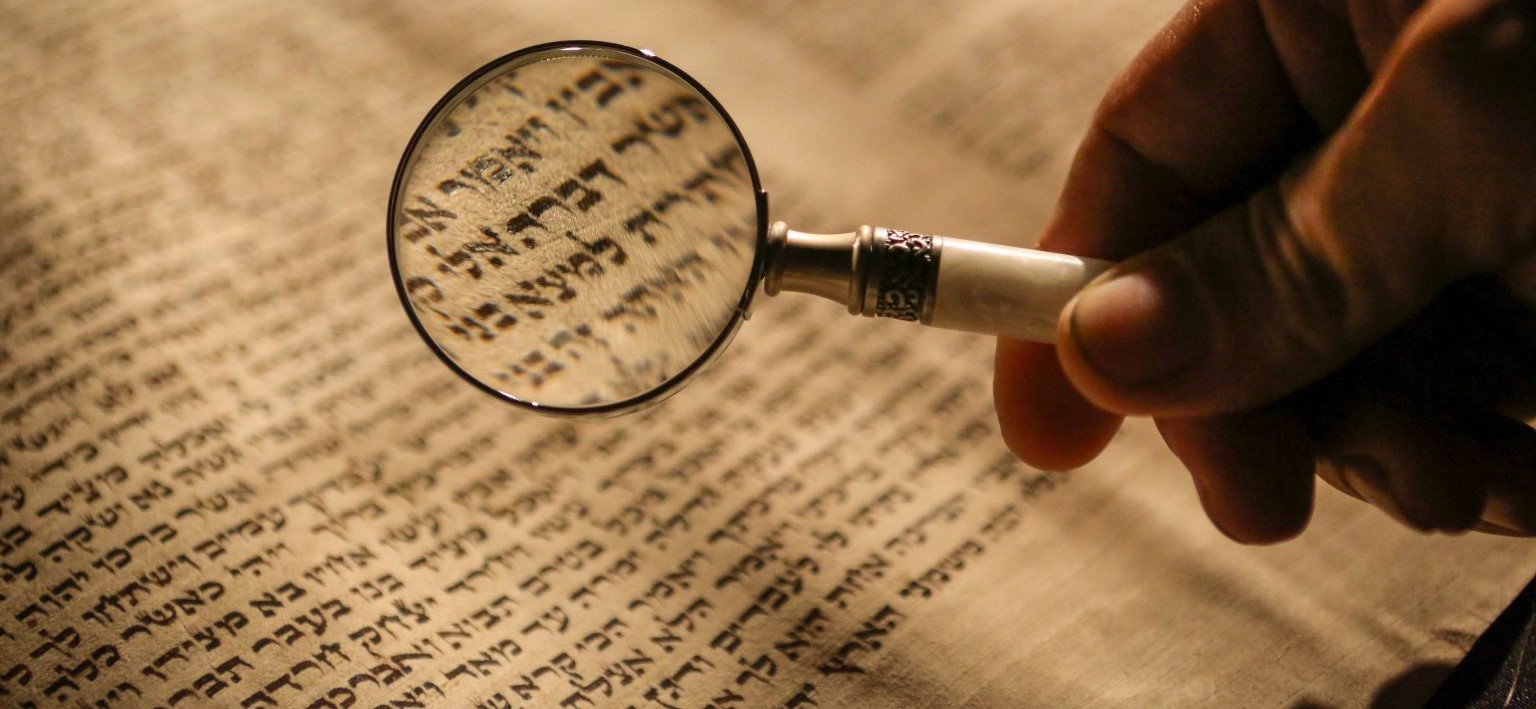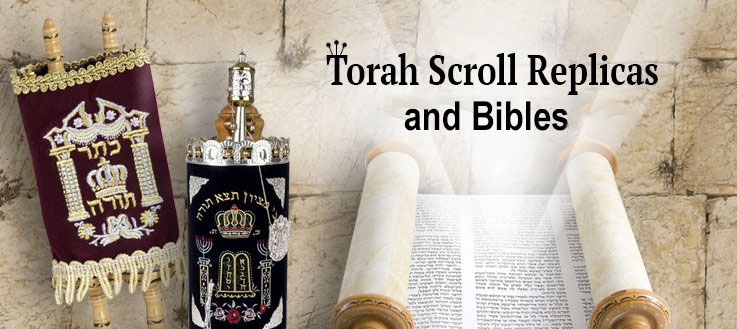1. A drop in the bucket
Meaning: something small and unimportant, one out of many
Source: Isaiah 40:15: “The nations are but a drop in a bucket, reckoned as dust on a balance.”
2. Man does not live on bread alone
Meaning: humans need spiritual nourishment just as much as physical
Source: Deuteronomy 8:3: “He subjected you to the hardship of hunger and then gave you manna to eat, which neither you nor your fathers had ever known, in order to teach you that man does not live on bread alone, but that man may live on anything that the LORD decrees.”
3. A leopard can’t change his spots
Meaning: people or things are unable to change their basic, innate characteristics
Source: God describes humanity’s sinful nature and maintains they are stuck in their ways and unable to change in Jeremiah 13:23 by making this comparison:
“Can the Cushite change his skin, or the leopard his spots? Just as much can you do good, who are practiced in doing evil!”
4. Being at your wit’s end
Meaning: worried, confused, aggravated, exhausted by a difficult situation, or unsure what to do
Source: Psalm 107:27 referring to sailors thrown around by a storm:
“They reel to and fro, and stagger like a drunken man, and are at their wits’ end.”
5. Like a lamb (or sheep) to the slaughter
Meaning: to be naïve or blissfully unaware to the dangers ahead; to innocently walk into a dangerous situation
Source: This phrase is found in two different places in Tanach:
Jeremiah 11:19: “For I was like a docile lamb led to the slaughter; I did not realize that it was against me.”
Isaiah 53:7:
“He was maltreated, yet he was submissive,
He did not open his mouth;
Like a sheep being led to slaughter,
Like a ewe, dumb before those who shear her,
He did not open his mouth.”
















